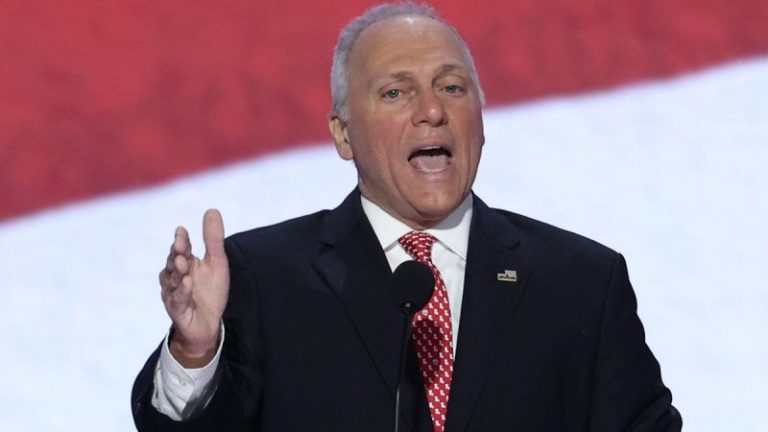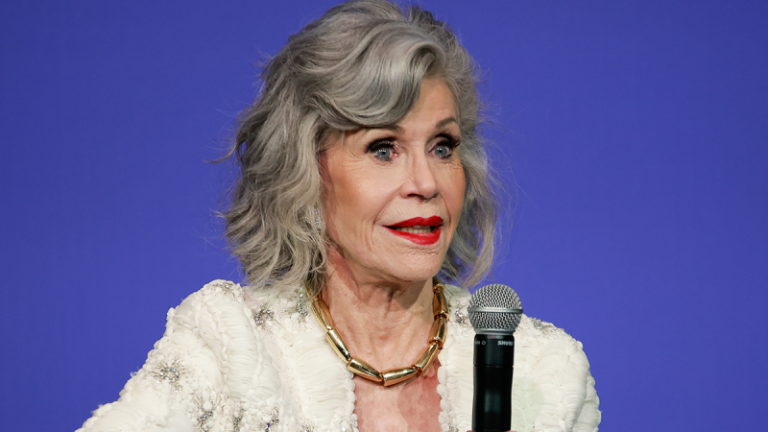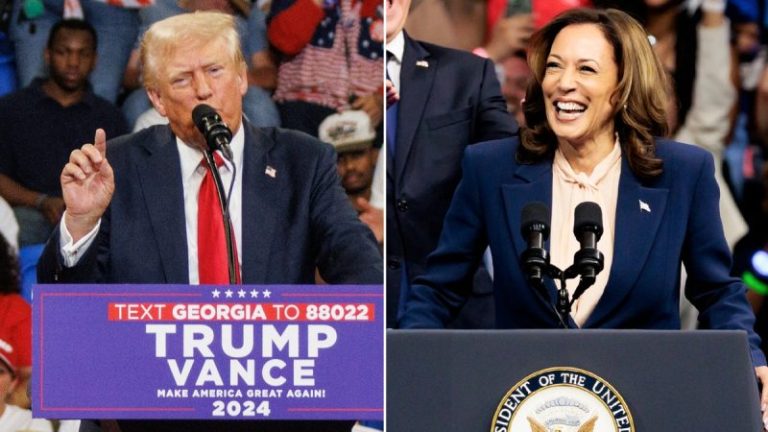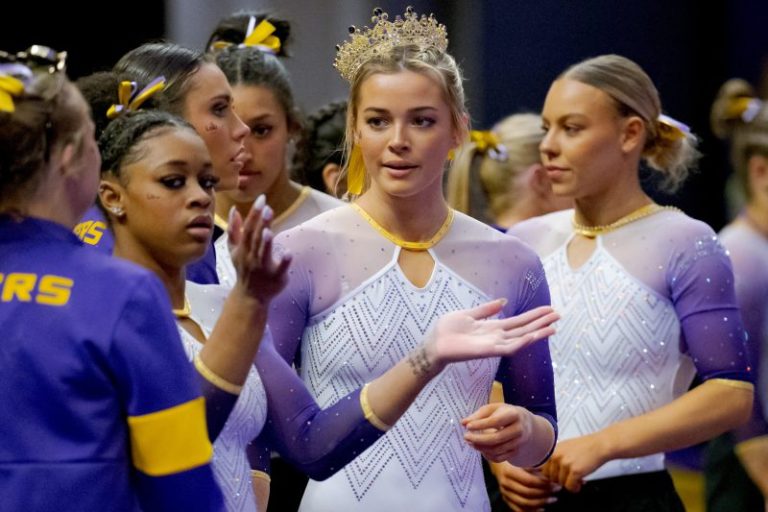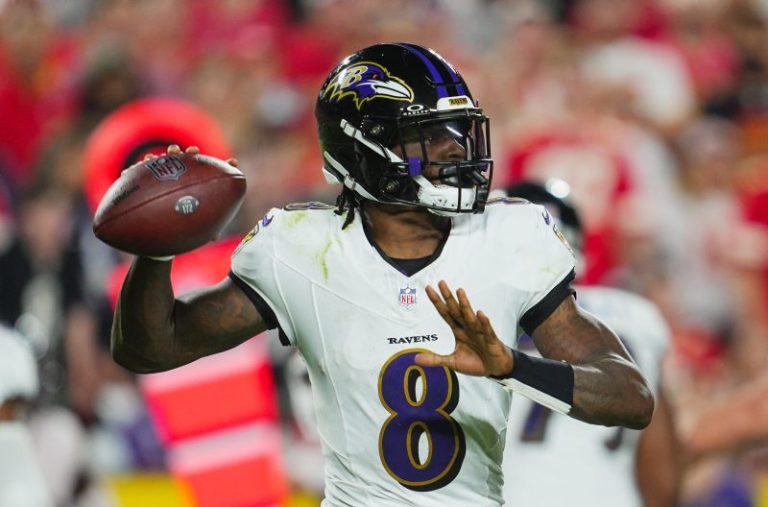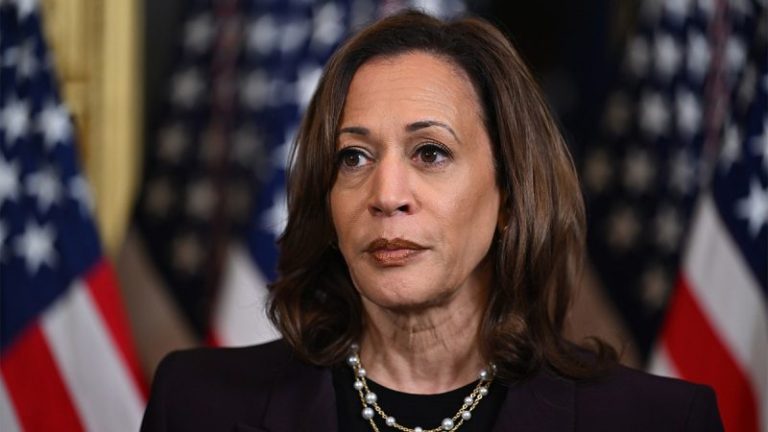Tuesday, Nov. 5, is Election Day – but if Americans vote like they did in the last two election cycles, most of them will have already cast a ballot before the big day.
Early voting had been expected to start Friday with North Carolina mailing out absentee ballots to eligible voters, though the state’s elections board indicated it would not send out ballots right away amid a challenge from former candidate Robert F. Kennedy, Jr.
Still, multiple battleground states are scheduled to send out ballots to at least some voters later in the month, making September and October less a countdown to Election Day, and more the beginning of ‘election season.’
States have long allowed at least some Americans to vote early, like members of the military or people with illnesses.
In some states, almost every voter casts a ballot by mail.
Many states expanded eligibility in 2020, when the COVID-19 pandemic made it riskier to vote in-person.
That year, the Fox News Voter Analysis found that 71% of voters cast their ballots before Election Day, with 30% voting early in-person and 41% voting by mail.
Early voting remained popular in the midterms, with 57% of voters casting a ballot before Election Day.
Elections officials stress that voting early is safe and secure. Recounts, investigations and lawsuits filed after the 2020 election did not reveal evidence of widespread fraud or corruption.
The difference between ‘early in-person’ and ‘mail’ or ‘absentee’ voting.
There are a few ways to vote before Election Day.
The first is , where a voter casts a regular ballot in-person at a voting center before Election Day.
The second is , where the process and eligibility varies by state.
Eight states vote mostly by mail, including California, Colorado, Nevada and Utah. Registered voters receive ballots and send them back.
Most states allow any registered voter to request a mail ballot and send it back. This is also called mail voting, or sometimes absentee voting. Depending on the state, voters can return their ballot by mail, at a drop box, and/or at an office or facility that accepts mail ballots.
In 14 states, voters must have an excuse to vote by mail, ranging from illness, age, work hours or if a voter is out of their home county on Election Day.
States process and tabulate ballots at different times. Some states don’t begin counting ballots until election night, which delays the release of results.
Voting expected to begin in multiple battleground states in September
This list of early voting deadlines is for guidance only. In some areas, early voting may begin before the dates listed. For comprehensive and up-to-date information on voter eligibility, processes, and deadlines, go to Vote.gov and your state’s elections website.
The first voters to be sent absentee ballots were expected to be in North Carolina, which had planned to begin mailing out ballots for eligible voters on Sept. 6, though the state elections board did not indicate on Friday when ballots would go out.
Six more battleground states are expected to begin early voting this same month, including Pennsylvania, Georgia, Wisconsin, Michigan and Nevada.
September deadlines
Subject to change. In-person early voting in bold.
TBD
North Carolina – Absentee ballots sent to voters
Sept. 16
Pennsylvania – Mail-in ballots sent to voters
Sept. 17
Georgia – Absentee ballots sent to military & overseas
Sept. 19
Wisconsin – Absentee ballots sent
Sept. 20
Virginia – In-person early voting begins
Minnesota, South Dakota – In-person absentee voting begins
Idaho, Kentucky, West Virginia – Absentee ballots sent
Arkansas, Montana, Nebraska, North Dakota, Ohio, Utah, Wyoming – Absentee ballots sent to military & overseas
Sept. 21
Maryland, New Jersey – Mail-in ballots sent
Indiana, New Mexico – Absentee ballots sent
Alabama, Alaska, Colorado, Connecticut, Florida, Kansas, Kentucky, Massachusetts, Michigan, New Hampshire, New York, Oregon, South Carolina, Washington – Absentee ballots sent to military & overseas
Sept. 23
Mississippi – In-person absentee voting begins & absentee ballots sent
Oregon – Absentee ballots sent
Vermont – Mail-in ballots sent
Sept. 26
Illinois – In-person early voting begins & mail-in ballots sent
Michigan – Absentee ballots sent
Florida – Mail-in ballots sent
North Dakota – Absentee & mail-in ballots sent
Nevada – Mail-in ballots sent to voters outside the state
Sept. 30
Nebraska – Mail-in ballots sent
October deadlines
Oct. 4
Connecticut – Absentee ballots sent
Oct. 6
Maine – In-person absentee voting begins & mail ballots sent
Oct. 7
California – In-person absentee voting begins & mail ballots sent
Nebraska – In-person early voting begins
Georgia – Absentee ballots sent
Massachusetts – Mail-in ballots sent
Montana – In-person absentee voting begins
Oct. 8
California – Ballot drop-offs open
New Mexico, Ohio – In-person absentee voting begins
Indiana – In-person early voting begins
Wyoming – In-person absentee voting begins & absentee ballots sent
Oct. 9
Arizona – In-person early voting begins & mail ballots sent
Oct. 11
Colorado – Mail-in ballots sent
Arkansas, Alaska – Absentee ballots sent
Oct. 15
Georgia – In-person early voting begins
Utah – Mail-in ballots sent
Oct. 16
Rhode Island, Kansas, Tennessee – In-person early voting begins
Iowa – In-person absentee voting begins
Oregon, Nevada – Mail-in ballots sent
Oct. 17
North Carolina – In-person early voting begins
Oct. 18
Louisiana – In-person early voting begins
Washington – Mail-in ballots sent
Hawaii – Mail-in ballots sent
Oct. 19
Nevada, Massachusetts – In-person early voting begins
Oct. 21
Alaska, Arkansas, Connecticut, Idaho, North Dakota, South Carolina, Texas – In-person early voting begins
Colorado – Ballot drop-offs open
Oct. 22
Hawaii, Utah – In-person early voting begins
Missouri, Wisconsin – In-person absentee voting begins
Oct. 23
West Virginia – In-person early voting begins
Oct. 24
Maryland – In-person early voting begins
Oct. 25
Delaware – In-person early voting begins
Oct. 26
Michigan, Florida, New Jersey, New York – In-person early voting begins
Oct. 30
Oklahoma – In-person early voting begins
Oct. 31
Kentucky – In-person absentee voting begins
This post appeared first on FOX NEWS


